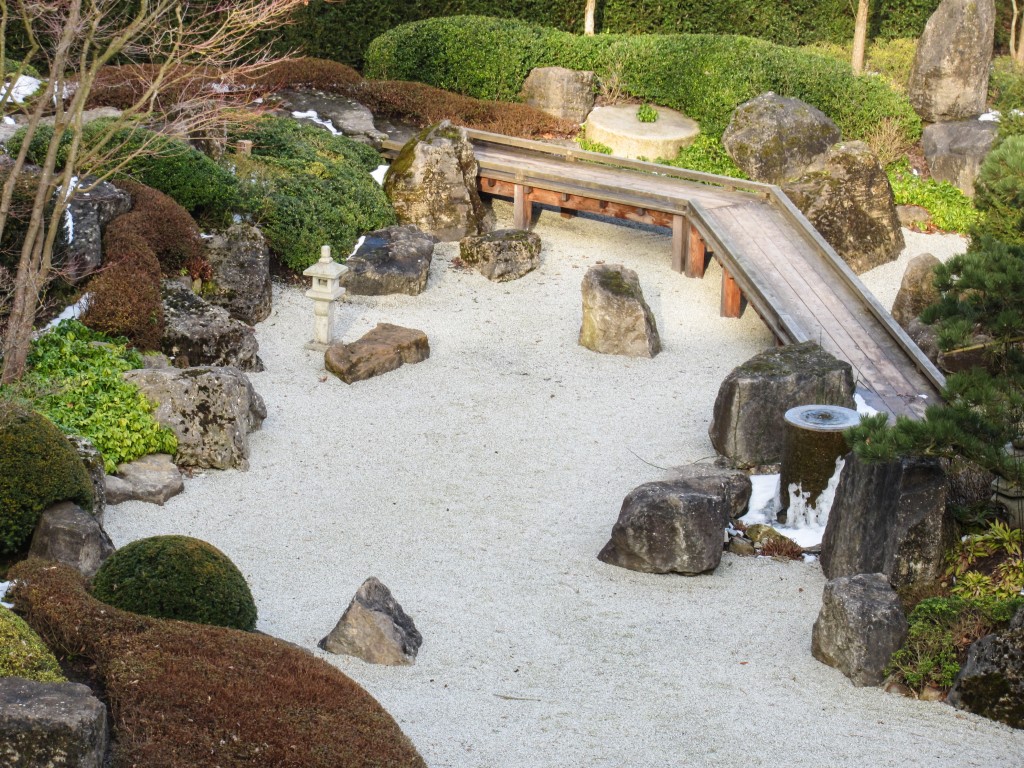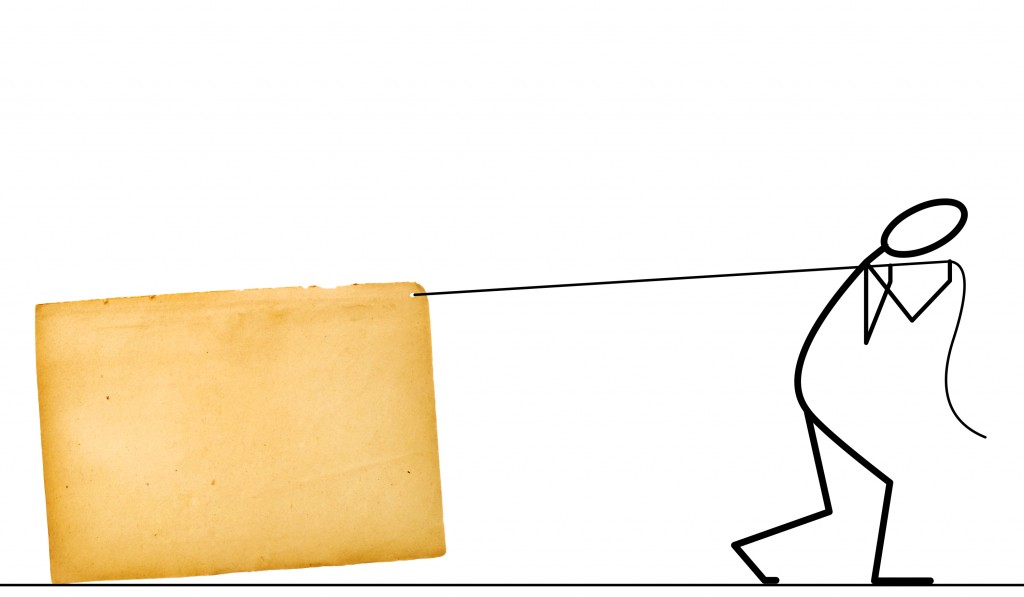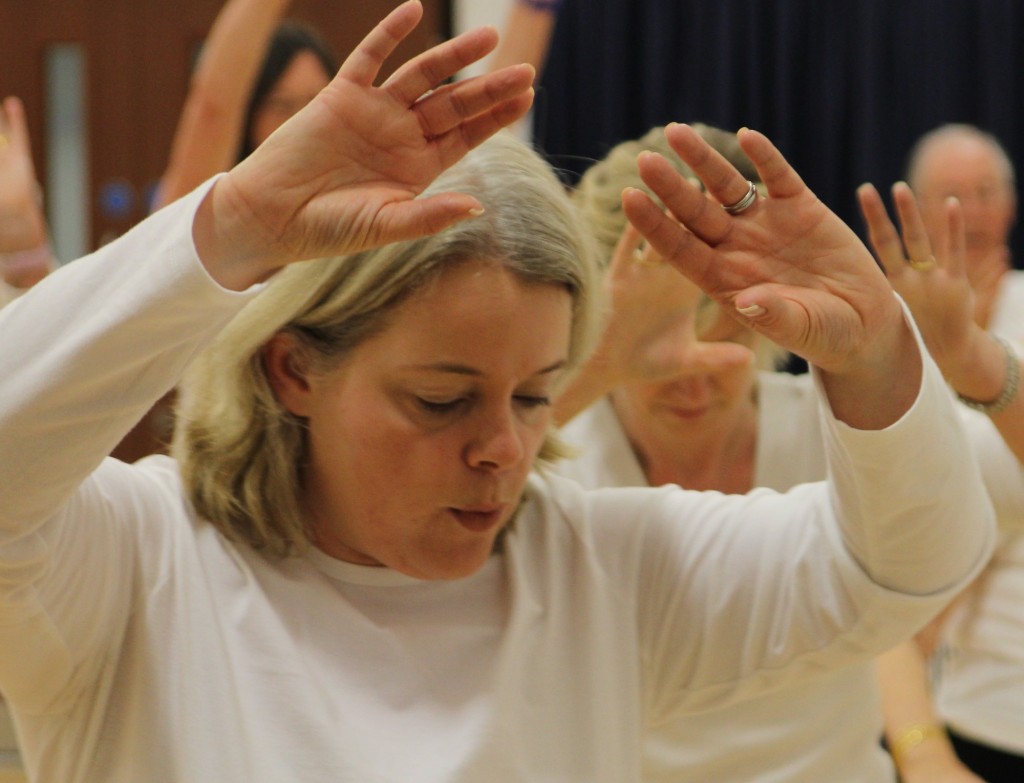For beginners at T’ai Chi, or those coming to the Retreat Day with no previous experience of T’ai Chi…
With the children now in their second week back at school, I’m finding myself talking to them about doing their best. It has cropped up quite a bit – not a Brownie visit can go by it would seem without my feeling the insuppressible urge to yet again deliver my polished “Remember to do your best” speech.
However, as I prepare to start the new T’ai Chi year (weekly classes are starting next week; and I’m also preparing for the Retreat Day which is on Saturday 5th October)… I’ve noticed that I have developed a completely different standpoint. I wanted to share this particularly with beginners – both new beginners to T’ai Chi and to those who are continuing beginners – because taking this alternative standpoint could make all the difference in breaking down some tricky barriers to learning.
We all like to know we’ve done our best (don’t we…??) But when it comes to learning T’ai Chi – putting in your best efforts as we know those to be in our Westen culture – is not going to net you the same rich rewards as simply applying yourself in a more relaxed, laissez-faire fashion.
That’s a difficult concept to someone who has been everything from a Brownie through to Duke of Edinburgh Gold Award-winner!! For those who like and constantly crave the “tick” of knowing something – and knowing it in its mouth-watering entirety – this is a radical new approach. And one which doesn’t sit so naturally if you’ve been wired to give everything 110%.
Despite the fact that I consider myself wired to hit everything with top effort, Isomehow find myself, in fact, able quite capably I think, to operate in both “worlds,” in both mindsets. As my day-job is quite an academic one (I research technical conferences and develop conference agendas, finding suitable global experts in their field to share their views and what’s current in their niche industry) – I’m used to being able to deal in detail – it’s so relevant in the world of events. In Left/Right brain terms, throughout that conference agenda-developing process, my brain is equally able to tap into the Right side of the brain, which is so good at delivering the overview under which all that lovely “Left brain” detail hangs.
Already I’m discovering that for such a Left brain dominated task such as agenda writing, I’m still sensibly tapping into the more intuitive Right side of the brain. I’m concluding that I approach the agenda-setting task from both ends of this spectrum. My Right brain is allowed to “hang loose” and provides the more general connections I need up until such time as my Left brain can deliver particular pieces of finer detail. Both sides of my thinking brain inform each other, as I constantly re-categorise the whole gamut of information I have across my conference and seminar programmes.
 Let’s take the topic “solar panels” since that’s something I know about. I should share with you at this point that I know:
Let’s take the topic “solar panels” since that’s something I know about. I should share with you at this point that I know:
- there are different types of solar panels (some produce electricity, others produce heat) This is high-level, more general knowledge
- there are right and wrong ways of mounting solar panels I have heard presentations on brackets used for mounting solar panels – this is fine detail
- there are developments in producing solar PVT (combination of solar PV and solar thermal) Quite general understanding, which turns more specific as I talk to the experts about the pros and cons of amalgamating these two technologies – so this is both general and specific
- there are incredible developments in building-integrated solar products General list of developments; but also some very niche specifics of the use of graphene in solar cells
- the Government recently reduced the feed-in-tariff which producers can earn from producing their own electricity At the time, I read in some depth the industry’s responses to this particular change in policy
At all times I am developing my own understanding of solar panels from both general and very specific angles. And my brain is completely at ease with doing this simultaneously. As I come across a new concept, my brain finds a suitable place to store that information and then sets to work over time in establishing its connections to my information repository. It starts off as either a very specific piece of technical information for which I need to work out a context – or it’s a very loose topic heading which I need to find more information about in order to embed it into the rest of my knowledge base.
If we then apply this to our T’ai Chi learning, it can allow us to learn about the wider benefits of T’ai Chi; its principles and rich history; its connections with Chinese philosophy; whilst at the same time learning some very specific moves.

Zen garden: T’ai Chi learning allows for some structure, and for the rest to “hang loose” about the edges
However, if we come to T’ai Chi classes just to learn the movements without allowing the Right side of our brain to provide the wider framework, we’ll miss out on the intuitive part of our brains, which are so good at providing very loose connections and contexts in the background – and we’re left alone in a room trying to learn a soulless dance with a Left brain telling us to “do our best.” That not only spells disaster; but insodoing, you’ll miss “the journey,” you’ll miss the joy of learning in an open relaxed way; you’ll miss the Eureka jumps your brain is able to take when you relax and let go. In fact, if you approach your T’ai Chi learning with a 100% effort-is-best approach, you’ll find that T’ai Chi won’t make so much sense and won’t come to you so easily.
So my advice to beginners and to those looking to deepen their understanding – is to consider these clichés and just see where they take you:
- Go with the flow
- Ease off at the edges
- Relax and enjoy the ride
- Less is more
- KISS (keep it simple stupid)
T’ai Chi takes a lifetime to learn; this is one of those occasions when the detail can be filled in later. For now, just concentrate on the wider concepts and you’ll find that you’ll reach your “goal” much quicker. ![]()
I’m looking forward to welcoming lots of new faces to T’ai Chi this term and would recommend that students keep a brief T’ai Chi diary, which helps enormously with appreciating at the end of the course (or, in the case of the Retreat Day – at the end of the day) just how much progress you’ve been able to make – beyond “just” the movements!
As with all my posts, I would very much welcome your thoughts and comments.


